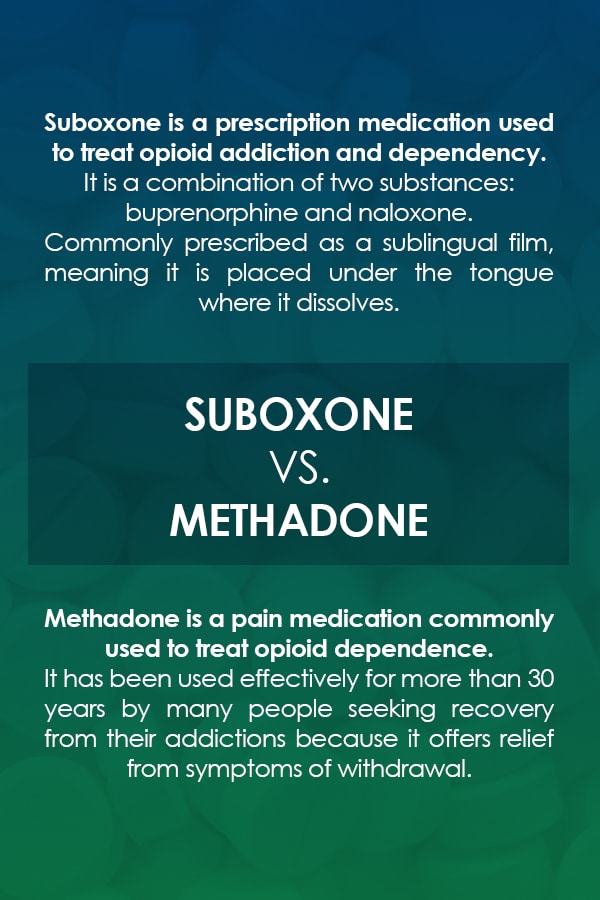Even when the urges subside and the customer has actually effectively resisted the temptation to relapse, extra yearnings regularly follow within days or hours. For customers whose desire to utilize compounds fades in time, the risk of regression remains high as long as other problems remain salient but the client has few or inadequately developed coping skills aside from escape through substance usage.
This section will outline ways of building these interventions into prepare for preventing customer regression. Focus is placed not just on the impact of relapse on the customer's recovery procedure, but also on the therapist and the interpersonal therapy procedure. By acknowledging in advance that regression can take place, a therapist provides the client with a realistic image of the healing process.
The therapist provides feasible hope of progress and ultimate success through the therapy partnership, however likewise informs the client that some frustrations, obstacles, and possibly episodes of regression are inevitable along the method. The therapist lets the client know that preparing for these scenarios will allow the customer to be better prepared to handle them if they happen.
The therapist ensures the client that if regression http://daltonfutv964.timeforchangecounselling.com/h1-style-clear-both-id-content-section-0-what-are-the-barriers-to-opioid-addiction-treatment-here-in-chicago-fundamentals-explained-h1 takes place to take place, it can be used in therapy as a chance to find out more about personal strengths, restrictions, and needs. To maximize client participation, the therapist requires to take steps beyond merely mentioning this recommendation to the customer. The therapist should even more ask about the client's response to the perspective on relapse simply described. how to get opiate addiction treatment discreetly.
Getting The Where To Find Treatment For Addiction In Nc To Work
Keep in mind the importance of the therapist likewise accepting the likelihood of customer relapse. The helping occupations are rife with unfair belief that therapy for disordered compound usage is mostly useless because such customers can not or do not wish to change. Some other experts who reject this pessimistic outlook and believe that relapse does not equivalent failure of treatment still might experience their own feelings of disillusionment when a customer surrenders to temptations to fall back into old behaviors.

Supervision can assist more recent or having a hard time therapists in overcoming their own resistances and in working effectively with the difficult dynamic of customer relapse. By encouraging the client to report relapse events or other factors to consider of acting counter to therapy goals, the stage can be set for using therapy sessions to promote finding out from problems as well as from successes.

As soon as the possibility of relapse is admitted and a contract to take a look at any relapse episodes remains in place, the therapist remains mindful for emerging needs to deal with negative ideas and sensations about relapse as they arise. The customer's point of view. From the client's point of view, anticipatory sensations range from extreme worries to conceited overconfidence about abilities to withstand relapse (peer-review articles on how to create personal model for addiction treatment).
Regarding a relapse that has actually already occurred, clients may feel anything from extreme guilt and embarassment to relief or resignation connected with resuming substance use. While some clients honestly acknowledge a relapse, other customers who have concurred in advance to report a relapse still hesitate to confide about an occurrence once it has actually happened.
The 5-Minute Rule for If You Have Obamacare How Long Can You Get Treatment For Addiction?
Bewaring not to assume a relapse has in truth took place, the therapist can observe aloud the difference in the client's presentation and express curiosity, inviting the customer to elaborate on its meaning. The therapist who regularly checks in with the customer to ask about any substance use considering that the last treatment session provides a context in which a client who hesitates to raise the subject can be prompted to share information.
As the therapist checks out customer product that appears vague, evasive, uncommonly emotion-laden or cryptic, it is important to keep in mind that pressing clients to admit regressions they have not yet acknowledged hardly ever assists. Using open questions that avoid presumptive wording is most likely to generate relevant content from the client. When a customer reports a regression, either by self initiation or in response to the therapist's expedition, the therapist first uses assistance by restating unconditional acceptance of the client in addition to interest about what can be gained from the occurrence.
Compassionate listening will assist the therapist keep relationship at such hard times, and likewise assist assess how the client is really reacting to the regression. Relapse avoidance preparation continues from this point to include analysis of the regression experience and to apply Look at more info findings toward treatment objectives. Analysis of the lessons found out from a regression is most helpful when the therapist can get a precise reading of the client's emotional state following regression.
A shame-ridden customer can be advised that while his sensations are understandable painful, it is important not to forget progress he has already made, along with the staying capacity for extra development. The client covered up in anger that she bothered to attempt therapy when this regression shows she was simply setting herself up for yet another failure can be prodded to recall factors for seeking and going to treatment prior to this relapse (what is drug addiction treatment).
Fascination About How Many People In New York Seek Treatment For Heroin Addiction
In each case, the therapist will most likely recommend a review of the Click here for info treatment plan, specifically the provisions for relapse prevention - what different kinds of treatment exist for addiction. The therapist further figures out with the customer whether some modification of the plan is required based on incoming details. The therapist's viewpoint. In addition to assisting the customer address feelings about a relapse and its effect on treatment motivations, therapists likewise experience their own strong affect at points of customer relapse.